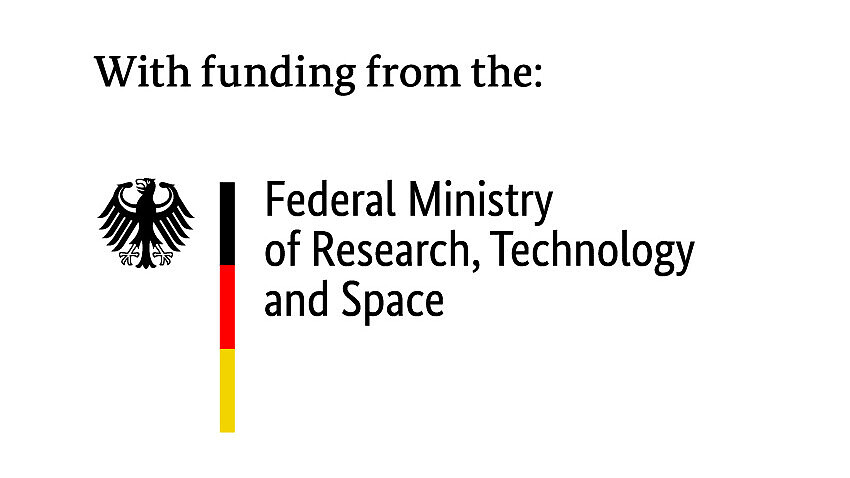The effects of climate change pose a growing challenge to human health. A rise in temperature and rainfall, as well as the increased occurrence of extreme weather phenomena, may also accelerate the global spread of tropical mosquitoes that are able to transmit infectious diseases, such as Zika, Dengue or Chikungunya. The project "Climate Change and Prevalence Study of Zika Virus Disease in Fiji" (ZIKA Fiji), examines the relationship between climate dynamics and the spread of the mosquito-borne Zika virus in the Fiji islands.
The aim of the project is:
- to identify influencing factors that favor the local spread of mosquito-borne diseases in Fiji
- to better understand the influence of local climatic factors and to assess their impact on the spread of the Zika virus in Fiji
- to develop climate-related strategies to address the spread of the Zika virus, as well as other mosquito-borne diseases circulating in Fiji
The project "ZIKA Fiji" is carried out in cooperation with the University of Fiji and is sponsored by the Federal Ministry of Education and Research (BMBF, reference: 01DP17034).

